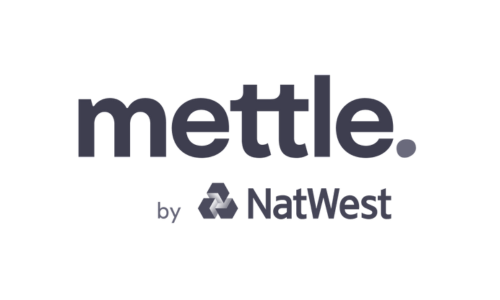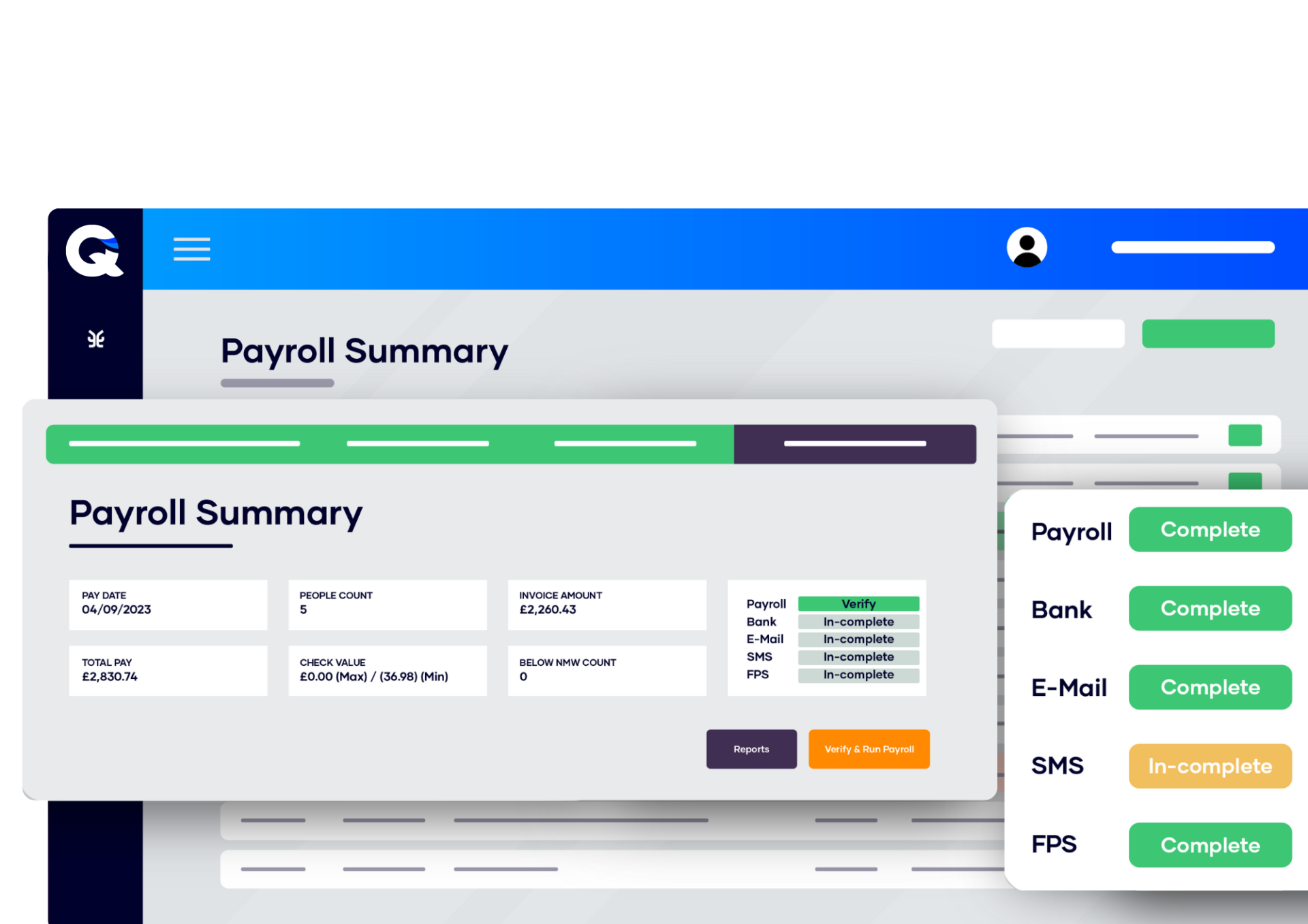If you’ve ever registered with an umbrella company, agency, or payroll provider, you might have heard of the “Conduct of Employment Agencies and Employment Businesses Regulations 2003” – usually shortened to the Conduct Regulations.
They sound complicated, but in reality they exist to protect workers and set clear rules for recruitment businesses. At QPS, we think it’s important that our workers and agency partners know exactly what they mean in practice.
What are the Conduct Regulations?
The Conduct Regulations were introduced by the UK Government to make sure that workers are treated fairly when finding and undertaking temporary work. They place obligations on recruitment agencies and employment businesses around things like:
- Making sure pay is clear and transparent.
- Ensuring workers have accurate information about assignments (such as hours, location, and rate of pay).
- Preventing workers from being unfairly charged fees for finding work.
- Protecting workers from being pressured into assignments without clear terms.
In short, they create a fair playing field and safeguard your rights when working through an agency.

How do the Conduct Regulations affect you as a worker?
When you register with QPS, you are automatically opted in to the Conduct Regulations. This means you are fully protected by them unless you tell us otherwise.
If you are inside the Conduct Regulations:
- You benefit from extra protections on pay transparency, assignment information, and fair treatment.
- Agencies are required to give you certain details in writing before you start work.
If you choose to opt out of the Conduct Regulations:
- You waive those specific protections, which can sometimes give agencies or clients more flexibility in how they engage you.
- This can occasionally make you more attractive to end clients who prefer less restriction in how they manage assignments.
- You still retain all your other legal rights as a worker.
Do you have to opt out?
No – the default at QPS is always to keep you opted in. That way, you’re automatically covered by the protections unless you make an active decision to waive them.
If you decide that opting out is better for your circumstances, you can do so by sending a written request to [email protected]. We’ll confirm the change and make sure your record reflects your choice.
Why does it matter?
For most workers, staying opted in is the safest choice. It ensures agencies must be transparent and puts you in the strongest position should any disputes arise.
However, for certain highly skilled contractors, consultants, or those working on long-term projects, opting out may give more flexibility in how you are engaged.
At QPS, we’re here to guide you either way. Whether you stay in or opt out, your pay will always be processed correctly and compliantly, and you will continue to receive the high level of service and support we’re known for.
Key takeaways
- The Conduct Regulations are there to protect agency workers and ensure fairness.
- QPS automatically opts you in to keep you protected.
- You can choose to opt out by writing to [email protected].
- Staying opted in offers more safeguards, but some workers prefer the flexibility of opting out.
Still unsure what's best for you?
Our team is happy to talk through your options so you can make an informed decision. Just get in touch with us today.






